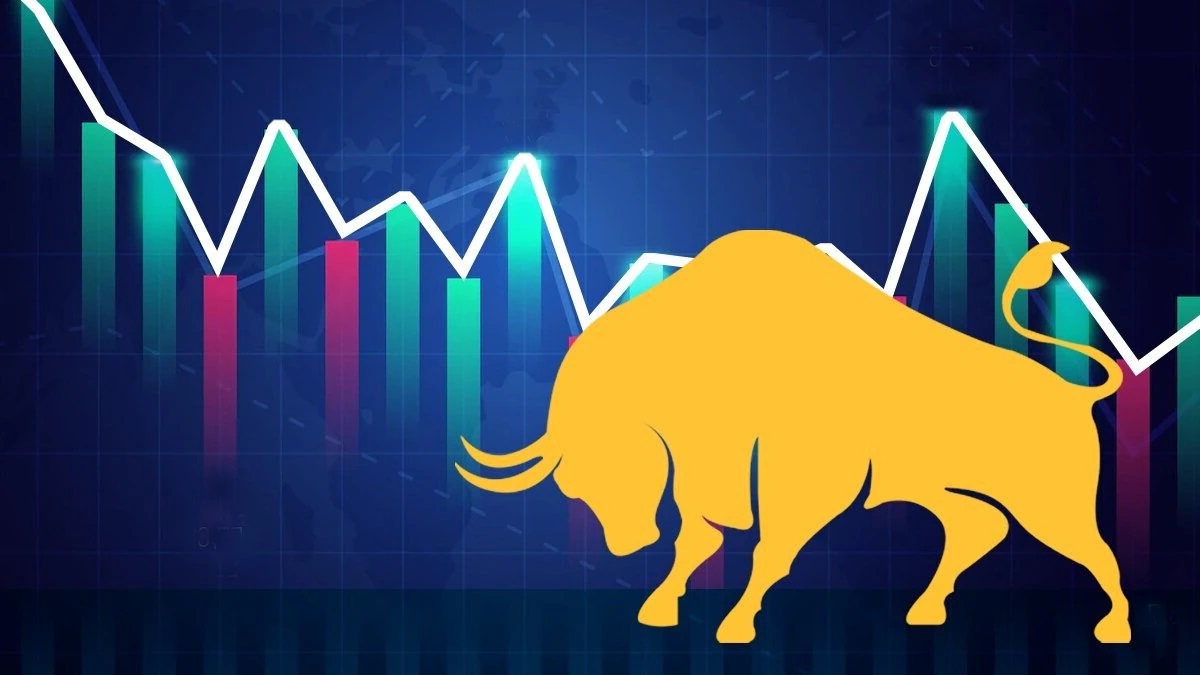
Sensex, short for the Sensitive Index, is the heartbeat of India's stock market. Ever wondered what makes this index tick? Sensex represents the 30 largest, most actively traded stocks on the Bombay Stock Exchange (BSE). These companies span various sectors, providing a snapshot of India's economic health. But why should you care about Sensex? For investors, it’s a barometer of market sentiment. When Sensex rises, it signals investor confidence; when it falls, it indicates caution. Understanding Sensex can help you make informed investment decisions. Ready to dive into some intriguing facts about this financial powerhouse? Let's get started!
What is Sensex?
The Sensex, or the S&P BSE Sensex, is a stock market index that tracks 30 well-established and financially sound companies listed on the Bombay Stock Exchange (BSE). It is one of the oldest and most widely followed indices in India.
-
Sensex was introduced in 1986. This index has been a benchmark for the Indian stock market for over three decades.
-
The base year for Sensex is 1978-79. The base value was set at 100, making it easier to track its growth over time.
-
Sensex represents various sectors. It includes companies from different industries like IT, finance, healthcare, and consumer goods.
How is Sensex Calculated?
Understanding how Sensex is calculated can help investors make informed decisions. The index uses a free-float market capitalization method.
-
Free-float market capitalization is used. This method considers only the shares available for trading, excluding those held by promoters.
-
It is updated every 15 seconds. This ensures that investors have real-time information.
-
Sensex includes 30 companies. These companies are selected based on their market performance and financial health.
Importance of Sensex
Sensex serves as a barometer for the Indian economy. It reflects the overall market sentiment and economic conditions.
-
Sensex influences investor sentiment. A rising Sensex often boosts investor confidence, while a falling Sensex can cause panic.
-
It is a benchmark for mutual funds. Many mutual funds use Sensex as a benchmark to measure their performance.
-
Sensex impacts foreign investment. International investors look at Sensex to gauge the Indian market's potential.
Historical Milestones of Sensex
Sensex has witnessed several significant milestones that have shaped its journey.
-
Crossed 1,000 points in 1990. This was a major achievement, reflecting the growth of the Indian economy.
-
Reached 10,000 points in 2006. This milestone indicated the rapid economic growth during that period.
-
Hit 50,000 points in 2021. This recent milestone shows the resilience and growth of the Indian stock market.
Companies in Sensex
The companies included in Sensex are leaders in their respective sectors. They are selected based on specific criteria.
-
Reliance Industries is a key player. It has a significant impact on the index due to its large market capitalization.
-
Infosys represents the IT sector. As one of the leading IT companies, it plays a crucial role in the index.
-
HDFC Bank is a major financial institution. Its performance greatly influences the Sensex.
Sensex and Economic Indicators
Sensex often correlates with various economic indicators, providing insights into the economy's health.
-
GDP growth affects Sensex. A growing GDP usually leads to a rising Sensex.
-
Inflation impacts the index. High inflation can negatively affect the stock market.
-
Interest rates play a role. Changes in interest rates can influence investor behavior and the Sensex.
Sensex in Global Context
Sensex is not just important for India but also holds significance in the global market.
-
Compared with global indices. Investors often compare Sensex with indices like the Dow Jones and FTSE.
-
Attracts global investors. The performance of Sensex can attract or deter foreign investments in India.
Sensex: A Snapshot of India's Financial Pulse
Sensex, short for the Sensitive Index, is a key indicator of India's economic health. It tracks 30 well-established companies listed on the Bombay Stock Exchange (BSE). These companies span various sectors, offering a broad view of market trends.
Understanding Sensex helps investors gauge market sentiment and make informed decisions. It reflects the collective performance of top companies, acting as a barometer for the Indian economy.
Sensex's movements are influenced by factors like corporate earnings, global markets, and economic policies. Keeping an eye on these can provide valuable insights.
Whether you're a seasoned investor or just starting, knowing about Sensex is crucial. It offers a glimpse into the financial heartbeat of India, guiding investment strategies and economic understanding.
Stay informed, stay ahead. Sensex is more than just numbers; it's a window into India's financial landscape.
Was this page helpful?
Our commitment to delivering trustworthy and engaging content is at the heart of what we do. Each fact on our site is contributed by real users like you, bringing a wealth of diverse insights and information. To ensure the highest standards of accuracy and reliability, our dedicated editors meticulously review each submission. This process guarantees that the facts we share are not only fascinating but also credible. Trust in our commitment to quality and authenticity as you explore and learn with us.


